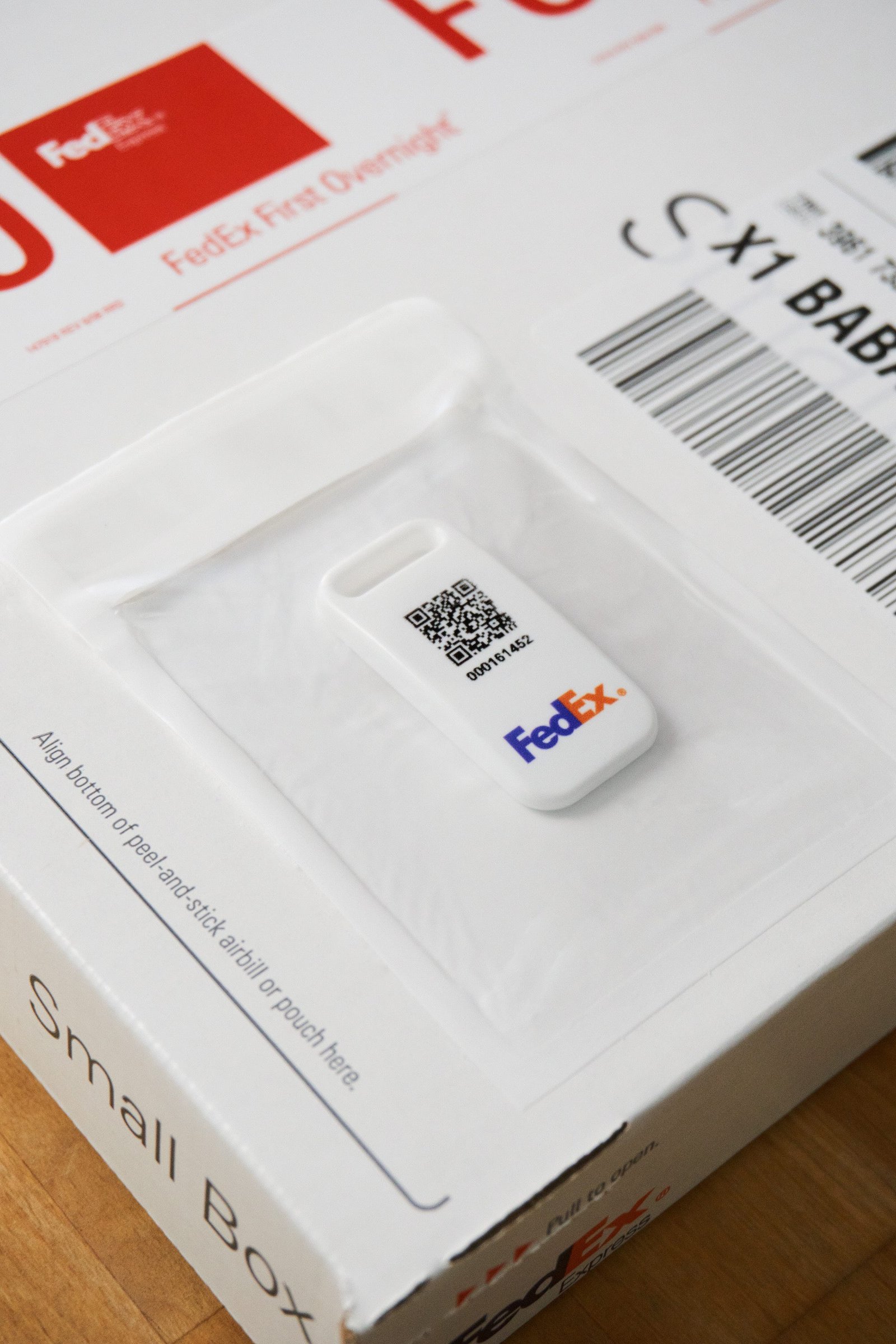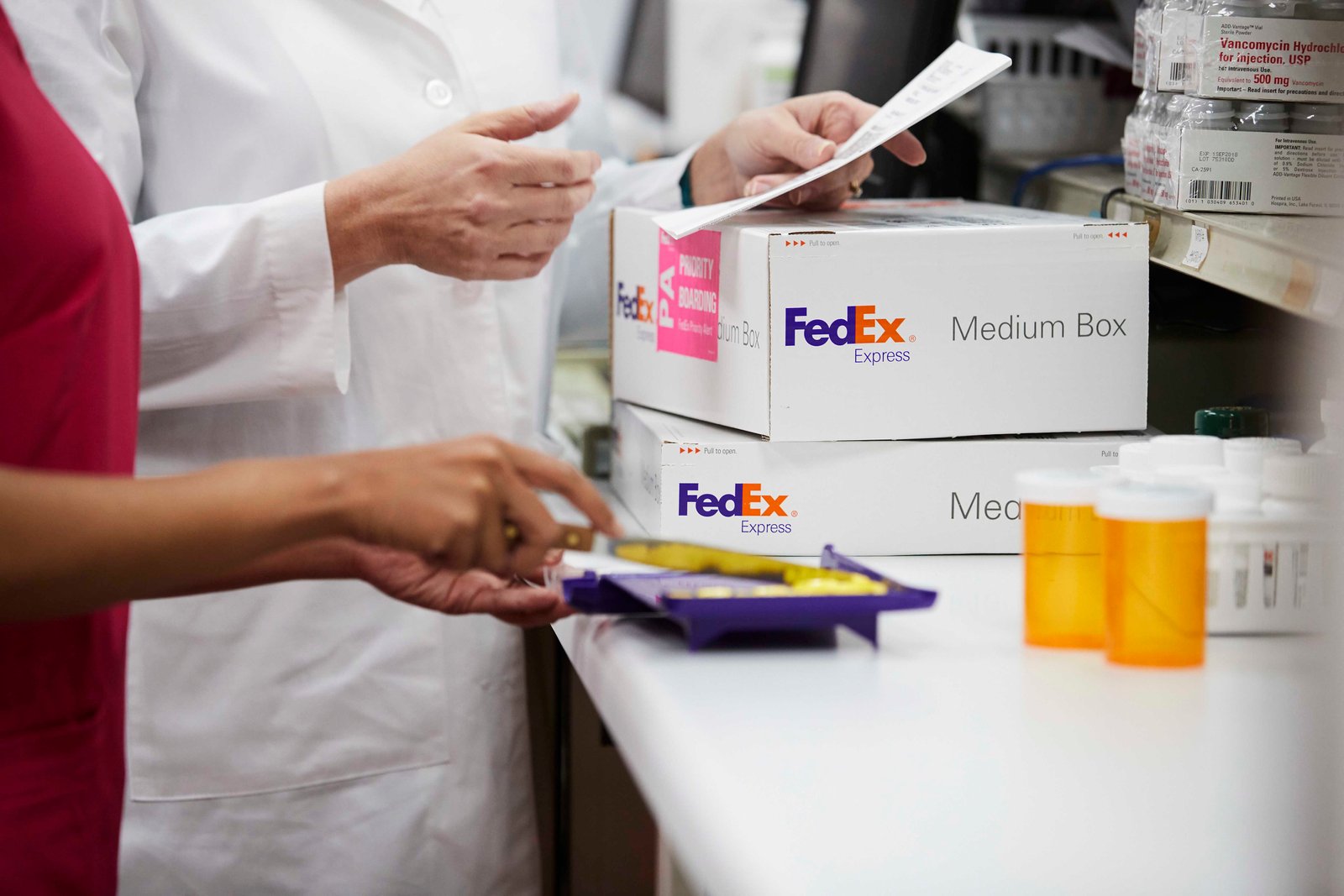What It Takes to Deliver for a Global Healthcare Crisis
December 14, 2020 | Monday | Features | By Kawal Preet, President, Asia Pacific, Middle East and Africa (AMEA), FedEx Express
Successful manufacturing of a COVID-19 vaccine is undoubtedly one of the most anticipated events of 2021.
There are more than 150 COVID-19 vaccines currently in development and an estimated 10 billion vaccine doses eventually will be delivered around the globe. We are already at the start of this process, with the UK getting ready to roll out the first doses. These vaccines require an unbroken chain of exact temperatures - between -20 to as low as -70 degrees Celsius - from the start to the very end to remain viable. Throughout this pandemic, the logistics industry has been an essential service provider, keeping aid and packages moving.
Now, at this critical juncture of global vaccine shipping, that part will take centre stage. And we are not only talking about the need for the vaccine to be delivered across nations; it’s about the entire healthcare logistics network! Even in non-pandemic times, logistical needs of the healthcare vertical are exacting and demand the best expertise and capabilities that logistics providers can offer. The efficient and speedy shipping of samples, test kits, chemicals, syringes, vials, and other elements is just as crucial. Some have hypothesized that there may even be multiple vaccine doses required to properly inoculate against the virus.
What follows next will be the mammoth task of building and managing a global supply chain that will transport vaccine doses from laboratory to the end user. Behind the scenes, logistics providers who already serve the healthcare industry are ramping up. Find out more about FedEx Healthcare shipping solutions. Healthcare logistics already operates under strict regulations and requirements for shipping and storing of medical-grade products. On vaccine shipping alone, logistics to support this require teams of pharma experts who understand the complexity that comes with the intent of transporting billions of vaccines across continents.

A consistent cold chain will safeguard delicate shipments
Vaccines - and items like medical devices, clinical trial samples or temperature sensitive pharmaceutical ingredients – often need to be well insulated and kept at super cold temperatures, typically 2 to 5 degrees Celsius. This presents the logistical risk of spoilage if temperature variations occur – even for a brief period of time. A World Health Organization (WHO) study estimates that up to 50% of vaccines, costing upwards of $1.5 million USD are wasted globally each year, largely due to lack of temperature control and the logistics to support an unbroken cold chain. Temperature-control capabilities are must-haves throughout the shipping, storage and delivery process.
Cold chain facilities not only house temperature-sensitive shipments with real-time monitoring of temperature, humidity, and CO2 but also act as buffer for unexpected delays such as inclement weather[1]. These facilities offer the ability to segregate between healthcare products and other perishable commodities, and cross dock for fast unloading of cold shipments directly to cold storage[2]. Having a network of these facilities around the world – such as the 90 facilities that FedEx has in its global network – can help better tackle every contingency scenario.
The increased capability to transport dry ice aboard cargo aircraft will also be key for successful vaccine delivery. As a dangerous good/hazardous material, dry ice requires special handling. Tapping into expertise from logistics companies can help healthcare companies ship, package and transport dry ice. FedEx, for example, transports approximately 500,000 dry ice shipments a month between more than 100 countries worldwide, to move critical healthcare shipments like vaccines, pharmaceutical ingredients and clinical trial bio samples. Beyond this, the company has been moving healthcare shipments to over 220 countries and territories for decades.
It is important to incorporate data management solutions to understand how to extend logistical services into rural or remote communities. Real-time sensor-based technology can help healthcare customers monitor a shipment’s current location, precise temperature, relative humidity, barometric pressure readings, light exposure and shock events through near real-time updates. With these features, healthcare customers are never out-of-touch with their shipments. Click here to read more about FedEx sensor-based tracking technology.

Transportation and logistics expertise will make or break healthcare sector growth
For healthcare shipping including vaccine distribution to be a success, it is important to lean on the expertise of logistics players who are well versed in shipping for this sector. Companies with a robust team and network who have successfully transported, stored and handled shipments for clinical trials and vaccines – such as for the seasonal flu or H1N1 – globally are the ones best placed to support what will be the largest vaccination program in human history.
From the beginning of this pandemic, FedEx has utilized its healthcare logistics capabilities to distribute essential and life-saving equipment critical to COVID-19 relief including ventilators, PPE, testing equipment and essential medical supplies. Having served the healthcare vertical in Asia Pacific for over two decades, the FedEx network – with its temperature-control solutions, real-time monitoring capabilities and a dedicated healthcare team of experts – is well positioned to continue serving healthcare companies. With one of the largest cargo fleet of airplanes, the company has charter flights, refrigerator trucks and trailers, warehousing, and temperature-controlled containers, to help safely move temperature sensitive shipments, such as vaccines and other bioscience shipments, around the world.
Success with human and economic cost in mind
Still, we’re confident but cautious, and certainly under no misapprehension of the scale of the challenge that we’ll face once vaccines are available. By working together across government, logistics, pharmaceutical and healthcare industries – we can all move cohesively toward the common goal: overcoming this global health crisis. With the right coordination and resources, on top of our massive network and deep vaccine distribution experience, we are more than ready to take on the challenge.
A COVID-19 vaccine promises to aid economic recovery and rebuild societies globally. It’s important to keep focus on the why as well as the how: we want to contribute not only to global economic recovery, but also seek near-term benefits for struggling communities and societies across Asia and worldwide. Our mandate is clear in this fight – and we are ready to deliver.
Get in touch.
[1] http://www.fedex.com/us/healthcare/product-integrity/temperature-control/cold-chain-center.html
[2] http://www.fedex.com/us/healthcare/product-integrity/temperature-control/cold-chain-center.html











